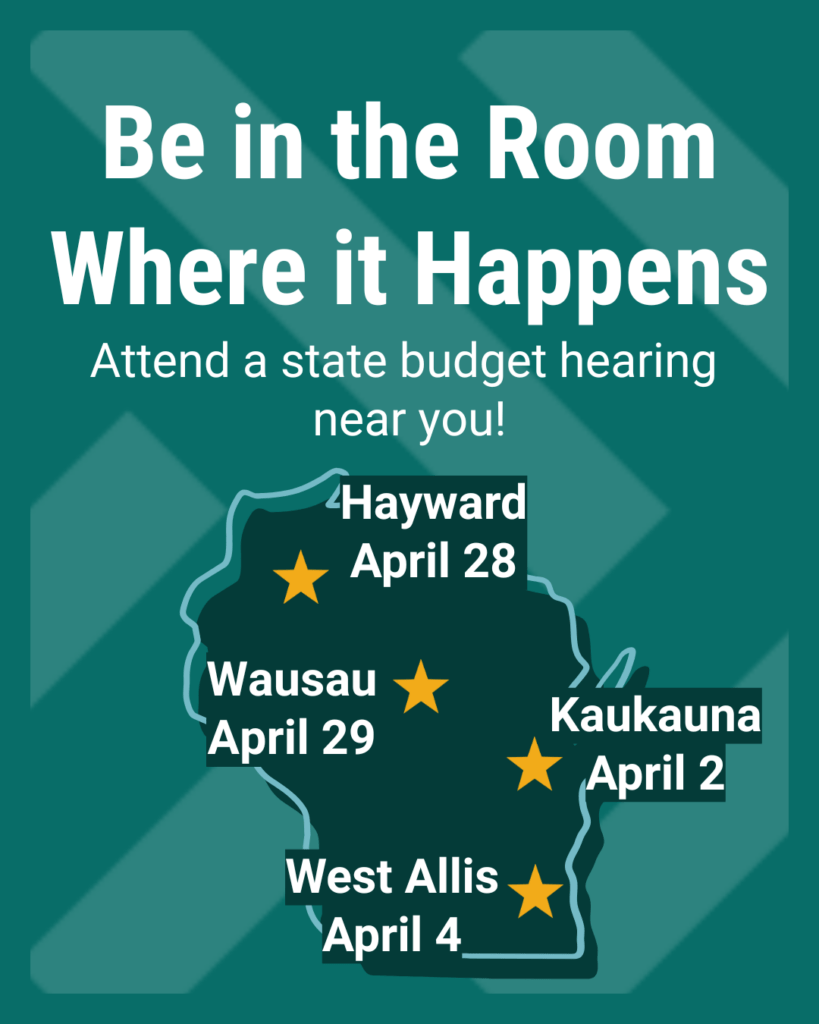Adolescent brain research provides valuable information which can help guide policy design and implementation. Recent developments in understanding the growth and development of the human brain give a new lens to view adolescent behavior through. The National Juvenile Justice Network (NJJN) has developed a guide for juvenile justice advocates, Using Adolescent Brain Research to Inform Policy that includes both a good summary of key research but as importantly how to use this information most effectively in advocating for change.
Helpful tips from this guide include knowing that language matters, that is how you frame and communicate the information and messages about brain development makes a difference! For example:
- Understanding the concerns of the audience you are presenting to and not minimizing concerns about public safety and victim impact
- Using concepts of cost-benefit, reflecting that investing now pays off later
- Talking about how adults can make a difference in supporting successfully adolescent and brain development
- Building on the notion that there is time to make a change – some of the most promising research on best practices affirms that we can make a lasting difference for youth if we do the right things.
In a way, the technology to “visualize” and study brain development has caught up with what we know about positive youth development – that youth need opportunities, supported by pro-social adults, to learn valuable skills that can lead to success in the many domains of their life. Decisions we make and policies we advocate for should be informed by the growing body of knowledge – just remember HOW you communicate information can be as important as the information itself.
And, if you are looking for a really cool, basic website about adolescent brain development, check out The Amazing Adolescent Brain: What every educator, youth serving professional, and healthcare provider needs to know from Multiplying Connections. By Katey Collins and Jim Moeser



